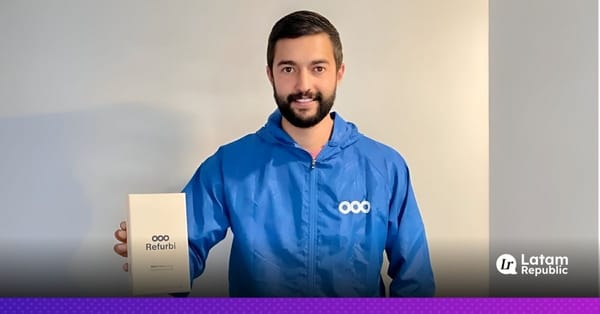Private issuances in Guatemala Reach US$340 Million in four months
Guatemala’s private capital market reaches US$340M in four months, driven by ESG bonds and sustainable finance initiatives supported by CABEI, AFD, and BAC Guatemala.

Guatemala is making strides toward a more sustainable capital market with the signing of new agreements and bond issuances that prioritize Environmental, Social, and Governance (ESG) criteria, strengthening financial inclusion and green financing in the country.
CABEI and BVN Sign Agreement to Promote ESG Bonds
The Central American Bank for Economic Integration (CABEI) and Guatemala’s National Stock Exchange (BVN) signed a cooperation agreement to foster the ESG bond market in the country. This partnership aims to provide technical assistance to Guatemalan issuers and is part of the Thematic Framework Support Program for ESG Issuances, backed by the French Development Agency (AFD).
The program seeks to raise awareness among issuers, investors, and key stakeholders about the strategic role of ESG investments in driving economic, social, and environmental development in Central America.
CABEI Executive President Gisela Sánchez stated: “We are excited to collaborate with BVN to promote sustainable development through the ESG bond market. We are confident that, through this program, we will support responsible issuers and actively encourage the issuance of thematic bonds in Guatemala and the region.”
AFD Supports the Strengthening of the Financial Market

With the support of AFD, the necessary resources for the agreement were mobilized. Alexia Levesque, AFD’s Regional Director for Mexico, Cuba, and Central America, emphasized:
“This agreement reflects the strong partnership between AFD and CABEI to promote sustainable investments in Guatemala. It will help strengthen the country’s financial market and facilitate thematic issues with social, economic, and environmental impact.”
BVN Reinforces Its Commitment to Sustainable Finance
Rolando San Román, General Manager of BVN, recalled that since 2021, the stock exchange has been part of the Sustainable Stock Exchanges Initiative. In 2022, it approved internal regulations to classify green, social, sustainable, and sustainability-linked bonds.
To date, three issuances have been authorized under these standards. San Román affirmed that the new memorandum with CABEI will be instrumental in supporting issuers in the development of thematic frameworks and related financing initiatives.
BAC Issues First Sustainable Bond with International Support
In parallel, BAC Guatemala is preparing to issue its first sustainable bond, supported by Proparco, IDB Invest, and LAGreen (through Finance in Motion). The issuance, worth up to US$140 million with a term of up to five years, will follow the ICMA Principles for Social, Green, and Sustainable Bonds.
Proparco will subscribe to US$50 million, while IDB Invest and LAGreen will contribute US$70 million and US$20 million, respectively. The goal is to strengthen financial inclusion and environmental financing, focusing on MSMEs, women-led businesses, and climate mitigation projects.
A Key Step Toward an Inclusive and Resilient Future

This initiative responds to structural challenges in the country, where 83.3% of GDP is located in high climate risk areas, and MSMEs, representing 80% of employment—struggle with limited access to credit. Thematic bonds offer a path to integrate sustainability into business strategies and improve financing access.
Eric Campos Morgan, Executive President of BAC Guatemala, concluded: “This bond represents a significant step in our mission to expand green and social financing and build a more inclusive and resilient future for Guatemala.”
The sustained growth of Guatemala’s private capital market, driven by bank and sustainable bond issuances, reflects a positive transformation in the country’s financial ecosystem. Initiatives led by CABEI, BVN, and institutions like BAC Guatemala are paving the way toward a more inclusive, resilient economy aligned with the Sustainable Development Goals.




